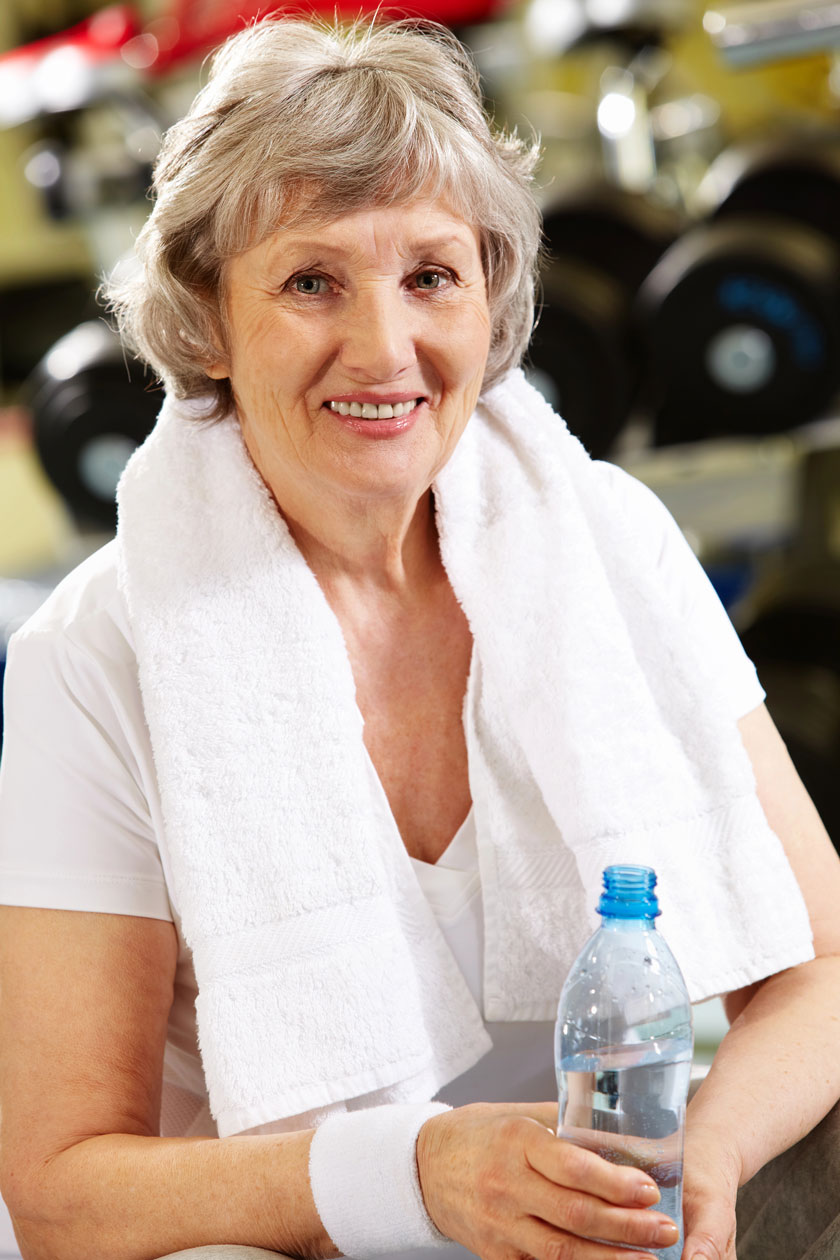As the chill of winter settles in, so does the heightened risk of colds, flu, and other seasonal illnesses, especially for seniors. For older adults, the consequences of these illnesses can be more severe, often leading to complications that compromise health and well-being. However, with the support of senior living care in Raleigh, NC, residents can navigate the challenges of cold and flu season with confidence and resilience. From vaccinations and hygiene practices to nutrition, exercise, and emotional support, we’ll delve into the multifaceted approach that senior living care facilities take to ensure the well-being of their residents.
As the temperature drops and the sniffles start, it’s crucial to prioritize health, especially for seniors. Cold and flu season poses particular risks to older adults, making it essential to take proactive steps to stay healthy. Senior living care offers comprehensive support and resources to ensure residents remain well-protected during the chilly months.
Understanding the Risks
During the colder months, viruses like the flu and common cold tend to spread more rapidly. For seniors, the risks associated with these illnesses can be more severe, leading to complications such as pneumonia or exacerbation of existing health conditions. Understanding these risks is the first step toward proactive prevention.
Importance of Vaccinations
Vaccinations are one of the most effective ways to protect against seasonal illnesses. Flu shots, in particular, are recommended for all seniors as they help reduce the risk of contracting influenza. Senior living care facilities prioritize vaccinations by offering on-site clinics or facilitating appointments with healthcare providers to ensure residents are up-to-date with their immunizations. Additionally, some facilities may offer other vaccinations such as pneumonia shots to further bolster residents’ immune systems.
Promoting Hygiene Practices
Good hygiene practices are crucial for preventing the spread of germs. Senior living care facilities implement rigorous hygiene protocols, including regular handwashing, sanitization of common areas, and proper respiratory etiquette. These measures not only protect residents but also promote a culture of health and wellness throughout the community. Furthermore, facilities may provide residents with hand sanitizer stations and reminders about the importance of hand hygiene to reinforce these practices.
Healthy Nutrition and Hydration
A well-balanced diet and adequate hydration are essential for maintaining a strong immune system. Senior living care emphasizes nutritious meals and hydration stations stocked with water and other beverages. Nutrient-rich foods, such as fruits, vegetables, and whole grains, provide essential vitamins and minerals to support immune function and overall health. Additionally, some facilities may offer dietary counseling or personalized meal plans to meet residents’ specific nutritional needs.
Regular Exercise and Physical Activity
Staying active is key to supporting immune function and overall well-being. Senior living care facilities offer a variety of exercise programs tailored to residents’ needs and abilities. From gentle stretching classes to low-impact aerobics, regular physical activity helps seniors stay strong, flexible, and resilient against illness. Furthermore, facilities may provide access to fitness equipment, walking trails, or organized group exercises to encourage residents to stay active year-round.
Social Engagement and Emotional Support
Maintaining social connections and receiving emotional support are vital aspects of senior health. Senior living care communities foster a sense of belonging and companionship through group activities, outings, and supportive relationships with staff and fellow residents. These connections not only combat feelings of isolation but also contribute to overall happiness and well-being. Additionally, facilities may offer support groups or counseling services to address residents’ emotional needs and provide a safe space for sharing experiences and coping strategies.
Monitoring Health and Wellness
Regular health monitoring is essential for early detection and management of any potential health issues. Senior living care facilities offer on-site wellness checks, medication management, and access to healthcare professionals to ensure residents receive timely care and support. This proactive approach to health management helps prevent illnesses from escalating and promotes overall wellness. Furthermore, facilities may utilize technology such as wearable health monitors or telehealth services to track residents’ health status and provide remote support when needed.
Access to Healthcare Services
In addition to preventative measures, senior living care provides residents with access to comprehensive healthcare services. This includes primary care physicians, specialists, and other medical professionals who can address any health concerns or provide specialized care as needed. Having healthcare services readily available ensures that residents receive the support they need to stay healthy and well. Additionally, facilities may coordinate transportation to medical appointments or offer on-site clinics for routine check-ups and screenings.
We understand the importance of keeping our residents healthy and safe, especially during cold and flu season. Our comprehensive senior living care services prioritize preventative measures, vaccination clinics, and robust hygiene protocols to protect against seasonal illnesses. With a focus on nutrition, exercise, social engagement, and regular health monitoring, we provide a supportive environment where residents can thrive and enjoy optimal health year-round. Let us be your partner in wellness and peace of mind.







